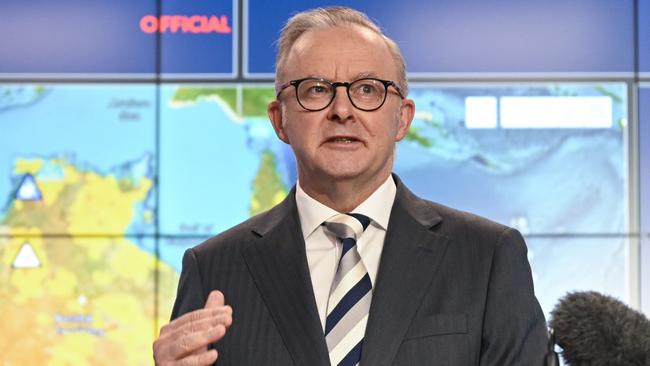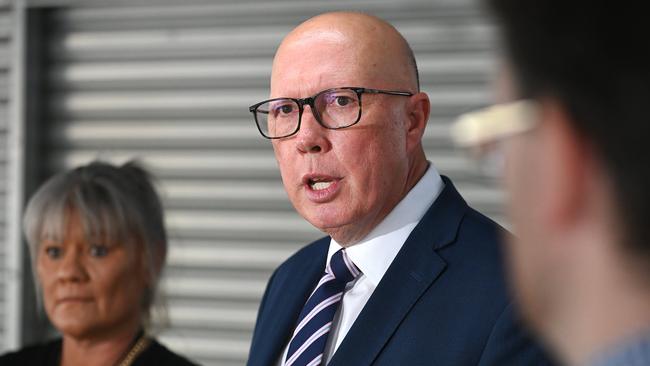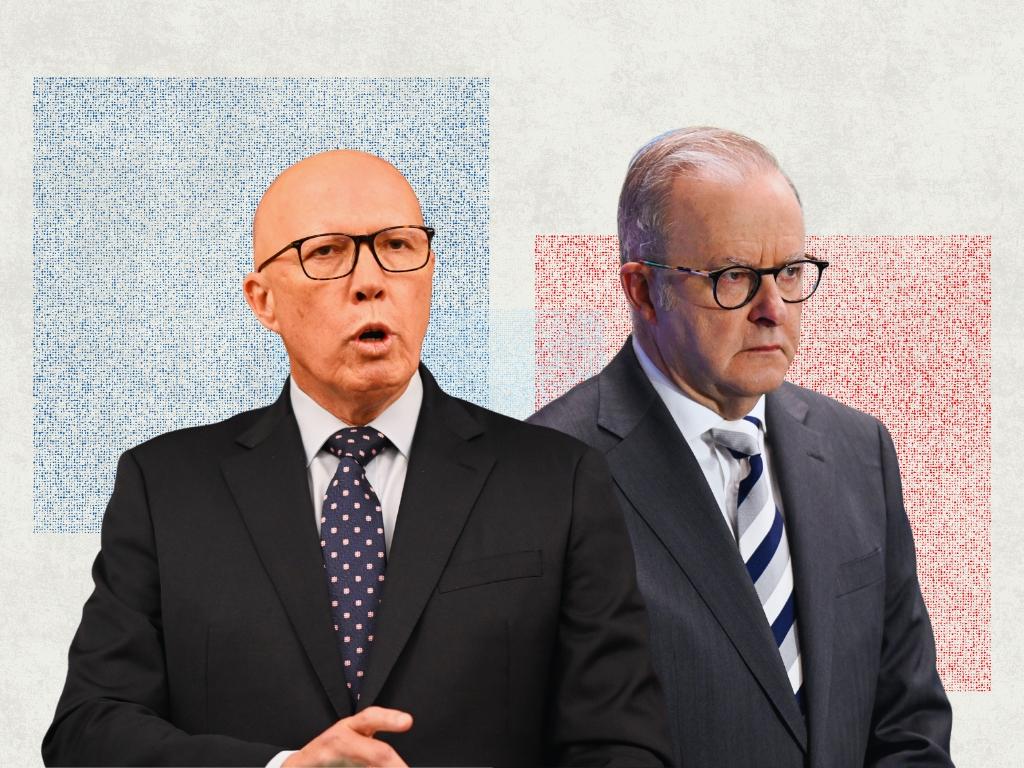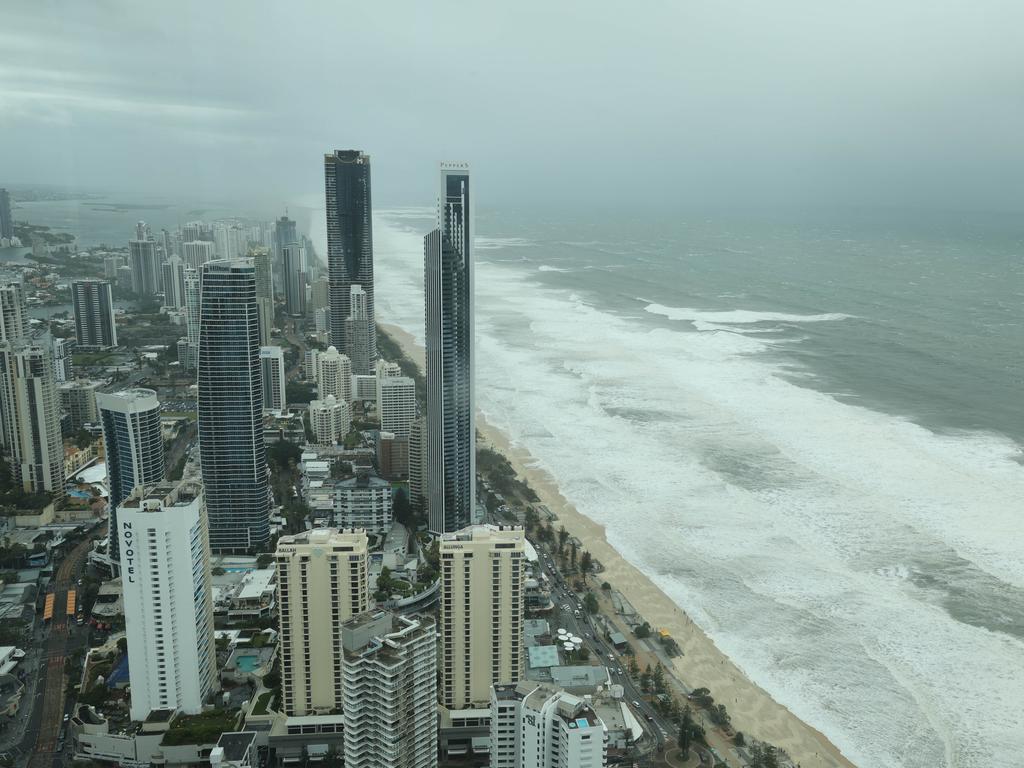
Anthony Albanese made the only decision available to him considering the chaos that Cyclone Alfred threatens to unleash.
There are pluses and minuses, but in the end it will still come down to one essential question. And that is, which leader presents as the more commanding during the campaign?
Having this week insisted he was focused on “lives, not votes”, it would have been an impossible position to walk back from.
The Prime Minister has become the victim of uncertainty, fate and the folly of allowing expectations go unanswered.
“I have no intention of doing anything that distracts from what we need to do,” he said on Friday night.
“This is not a time for looking at politics. My sole focus is not calling an election, my sole focus is on the needs of Australians. That is my sole focus.
“I have very clearly said … that we’d produce a budget on March 25 and that certainly is my clear intention, and it has been.”
Not exactly.

While he claims that it was always his intention to hold a budget on March 25, The Australian understands that the party had cancelled several ad/media bookings for next week.
Everything was in place for Albanese to call the election this weekend, and the positioning of the government was heading down that path.
The campaign staff were deployed and the billboards were ready to be loaded on the trucks.
As one insider said, using racing parlance, it was a case of all the horses being in the barrier except for the one giving the stewards a bit of niggle. Everyone was ready to go except for Albanese.
In the end, nature dictated terms. There is now a lot riding on how Albanese is perceived through the lens of his leadership during a potential crisis.

Heading into a campaign, Albanese suffers from a perception of weakness in leadership. This has been largely self-inflicted, but successfully cultivated by Peter Dutton.
The impending natural disaster presents both an opportunity for the Prime Minister to prove this wrong, against the risk that he re-enforces it.
In his mind, the election timing becomes subordinate to a greater and more immediate challenge.
What this all means politically is a fraught question.
There appears to have been strong internal aversion to handing down a budget.
There are plenty of reasons why, but one comes to mind: the government will have to go to an election with an extra year of forward estimates on the books.
Considering a lot of Labor’s on and off-budget spending is back-ended to the years beyond the current four-year forwards, the spending numbers contained in an extra year are perhaps not ones the government wants to showcase ahead of a campaign.
The counter view is that the government will now be in control of the budget narrative ahead of the campaign, rather than having the pre-election economic and fiscal outlook spew out a potentially bad set of numbers.





